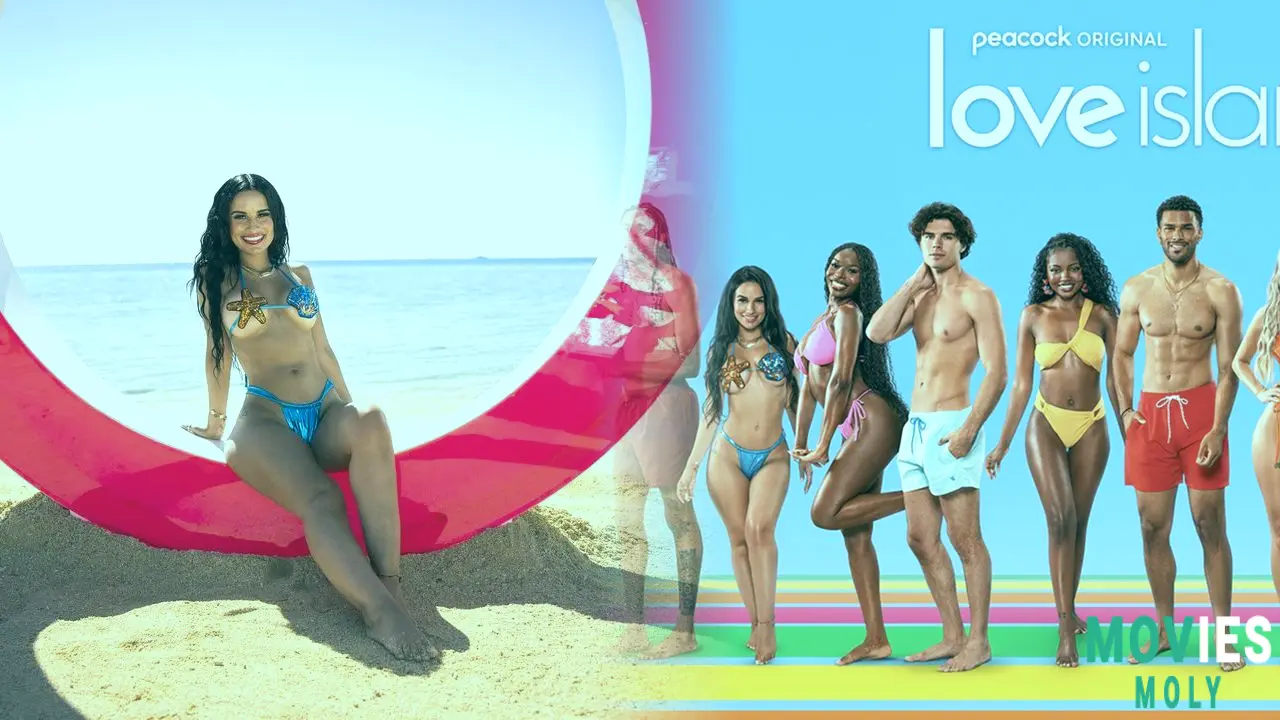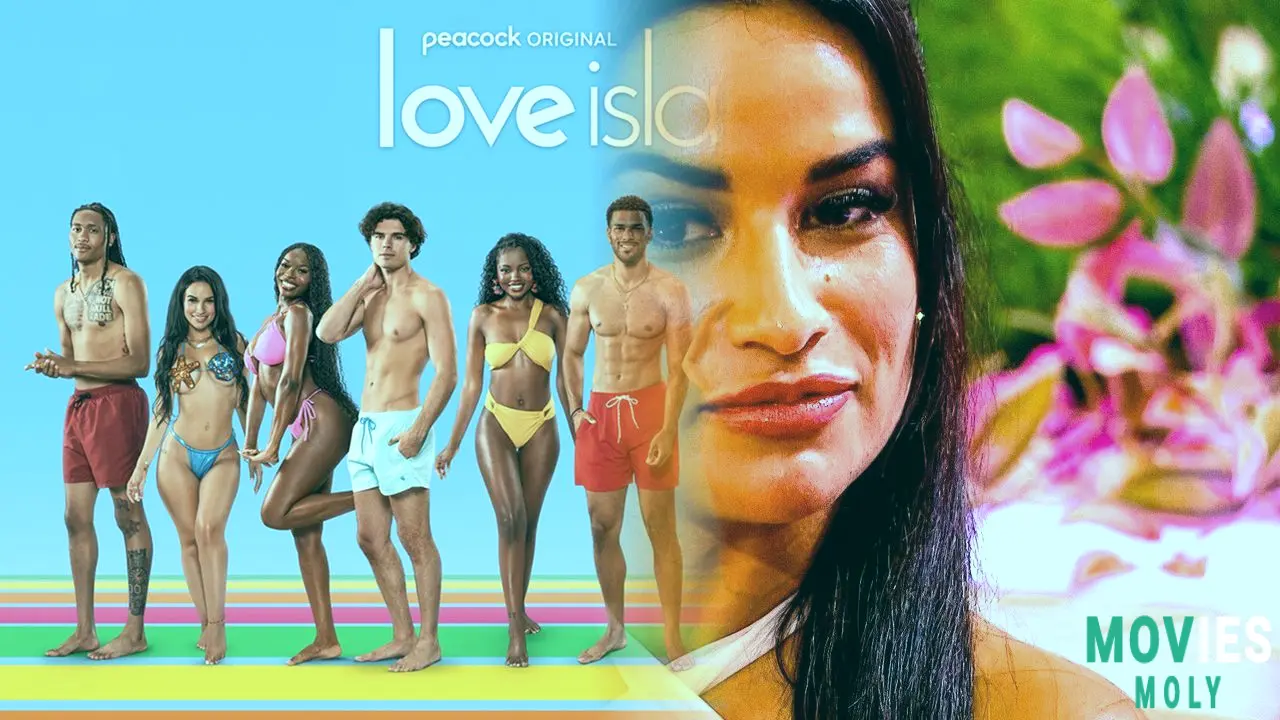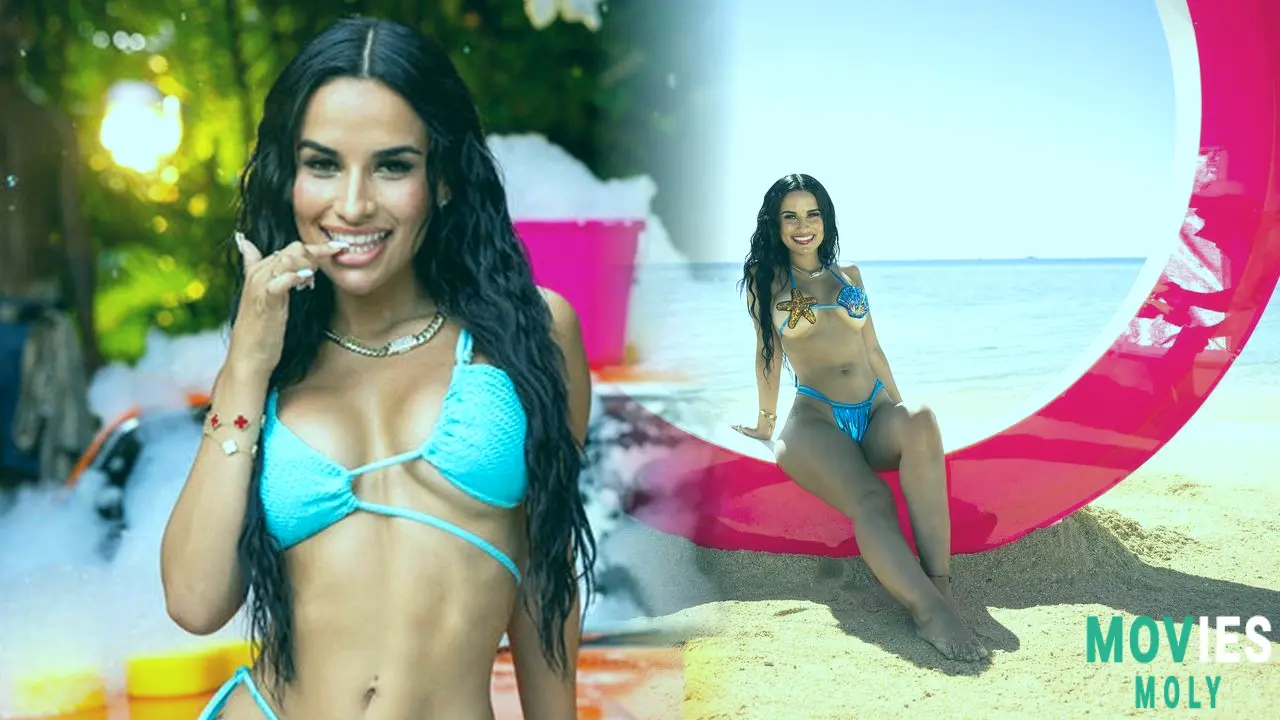If you've been watching Love Island USA season 7, you know Yulissa Escobar's stay in the villa was brief. She only featured in one episode before being promptly deleted by the show's makers. There was little explanation on show for her sudden absence. Fans were left wondering what had transpired. Soon, the cause became clear: podcast clips of her uttering the N-word had reappeared online. It generated a huge commotion, and Yulissa rapidly became embroiled in a firestorm of internet discussion.
Yulissa issued an apology on social media following her expulsion. She claimed she didn't realize how detrimental using anti-Black insults could be. At that point, many of us likely assumed that was the end of it. We expected her to disappear peacefully. But Yulissa had other intentions. She soon returned with a different message for everyone. This second letter was less remorseful and focused on what she called "online brutality."
Yulissa expressed herself in a series of Instagram Stories. She stated that "cancel culture is not accountability. "It's online brutality." She claimed to have received "death threats" and "abuse" from angry fans as a result of the unearthed footage. She also mentioned getting her phone back after her short stay at the property. She entered a "warzone" of criticism all at once. "Cyberbullying is violent. "Period," she added. She talked about persons who "don't survive" it and expressed condolences for those who had died. She also assured people who were "scared to speak" that she backed them. She concluded her message with the words "My name is Yulissa Escobar, and this is NOT where my story ends," followed by hashtags such as "#AccountableNotErased" and "#CancelCancelCulture." She doesn't appear to be planning on staying quiet.
Yulissa's Unexpected Turn: From Apologizing to Fighting Back Against Online CriticsHow Her Public Stance Changed After Facing An Outrageous Reaction From Fans
Many people were astonished when Yulissa's statement changed from "I am sorry" to "I am a victim". Her earliest apologies appeared to admit the mistake. It implied she had learned something. However, her following posts revealed a person who felt insulted and misunderstood. She was not simply accepting fault. She was also attempting to shape the narrative surrounding her. She stated that the footage circulating was from 2021, not 2024, as some speculations suggested. She sought to correct what she perceived as lies. This back and forth sparked even more controversy online. People disputed whether her reaction was appropriate or if it overlooked the source of the anger thrown at her.
Yulissa's statement that she was "done staying quiet" indicated that she was not going to let the incident terminate her public presence. This is a frequent technique for public people who have received widespread criticism. They struggle to regain control of their story. It's unknown whether this technique will work for her in the long run. But it did make more people listen to what she was saying. Her statement that her "story ends" somewhere other than this scandal suggests that she intends to continue pursuing a public life, possibly on social media or through podcasts like the ones that sparked this whole mess.
The way her exit was handled on the show contributed to the misunderstanding. The narrator just stated that she "has left the villa." There was no farewell ceremony or even a brief mention from the other islanders. This prompted several viewers to worry if she was removed in the middle of the night without anyone knowing. Given how significant the grounds for her removal were, her sudden, inexplicable exit felt weird. It appeared like the show wanted to move on from the problem as quickly as possible. This is a frequent strategy used by reality television producers to prevent on-air controversy.
Yulissa's DUI mugshot has also resurfaced online.

The Love Island alum faces a new wave of scrutiny after driving while under the influence. Details about the arrest have emerged.
Just when you thought the Yulissa Escobar story was going to be resolved, another issue arose. Following the N-word scandal, her 2024 DUI mugshot reappeared. This adds gasoline to the fire of internet controversy. The photograph showed her with blurry eyes. She also admitted to drinking in a bar before driving. The US Sun received this fresh information from an incident report. It described her arrest and subsequent charges for driving under the influence in her hometown of Miami.
The report, dated July 24, 2024, stated that an officer observed a black Acura going "all over the roadway" and "unable to maintain a lane." The officer saw she had "bloodshot, watery eyes" and smelled alcohol from inside her vehicle. Yulissa informed the officer that she was returning from her job at Pilo's Tequila Garden. She initially stated she hadn't drunk anything and was "driving normally." However, when asked again, she modified her story. She mentioned that she had "a shot with one of her clients at work."
The police then requested her to perform field sobriety tests. She agreed. According to the report, the officer smelled alcohol on her face and mouth. She couldn't maintain her equilibrium while listening to instructions. She also began the tests before the instructions were completed, using her arms for balance. According to the report, she was arrested for driving under the influence at approximately 3:57 a.m. She was placed in handcuffs. While on the phone with her relatives, she made "multiple spontaneous statements about her drinking and driving." This second issue only exacerbated the bad feedback Yulissa was receiving online.
The Wider Scope: How Love Island Contestants Face Scrutiny For Their Previous Actions

Examining How Social Media and Past Behaviors Can Influence Reality TV Stars
Yulissa is not the first Love Island USA candidate whose digital behavior has been thoroughly scrutinized. Shortly after Peacock revealed the season 7 cast, an anonymous user uploaded screenshots on X of Austin Shepard's supposed TikTok likes. There were various posts that supported President Donald Trump. Shepard has remained on the show. This demonstrates how the level of inspection might differ. It also demonstrates how rapidly previous online behavior may come back to hurt public personalities. When you appear on a show like Love Island, the public can learn anything about your background.
The way production companies address these circumstances can also vary. In Yulissa's case, the show chose a swift, silent exit. This decision was most likely intended to reduce on-air drama while also protecting the show's image. However, it also raised questions among fans. It shifted the burden of explaining the situation to Yulissa, who responded through her platforms. This technique demonstrates the problem that reality TV producers encounter when old posts or events involving their cast members surface.
With the emergence of social media, practically everything a person has done or said in the past might reemerge. For reality TV participants, this might be a significant challenge. Their lives become open books. Every previous tweet, photo, or podcast clip can be located and widely shared. This can result in hasty decisions by show creators. It can also put a lot of pressure on the people involved. The case of Yulissa Escobar exemplifies how rapidly someone's moment in the spotlight can devolve into a problematic public scenario, particularly when previous difficulties are brought to light.



